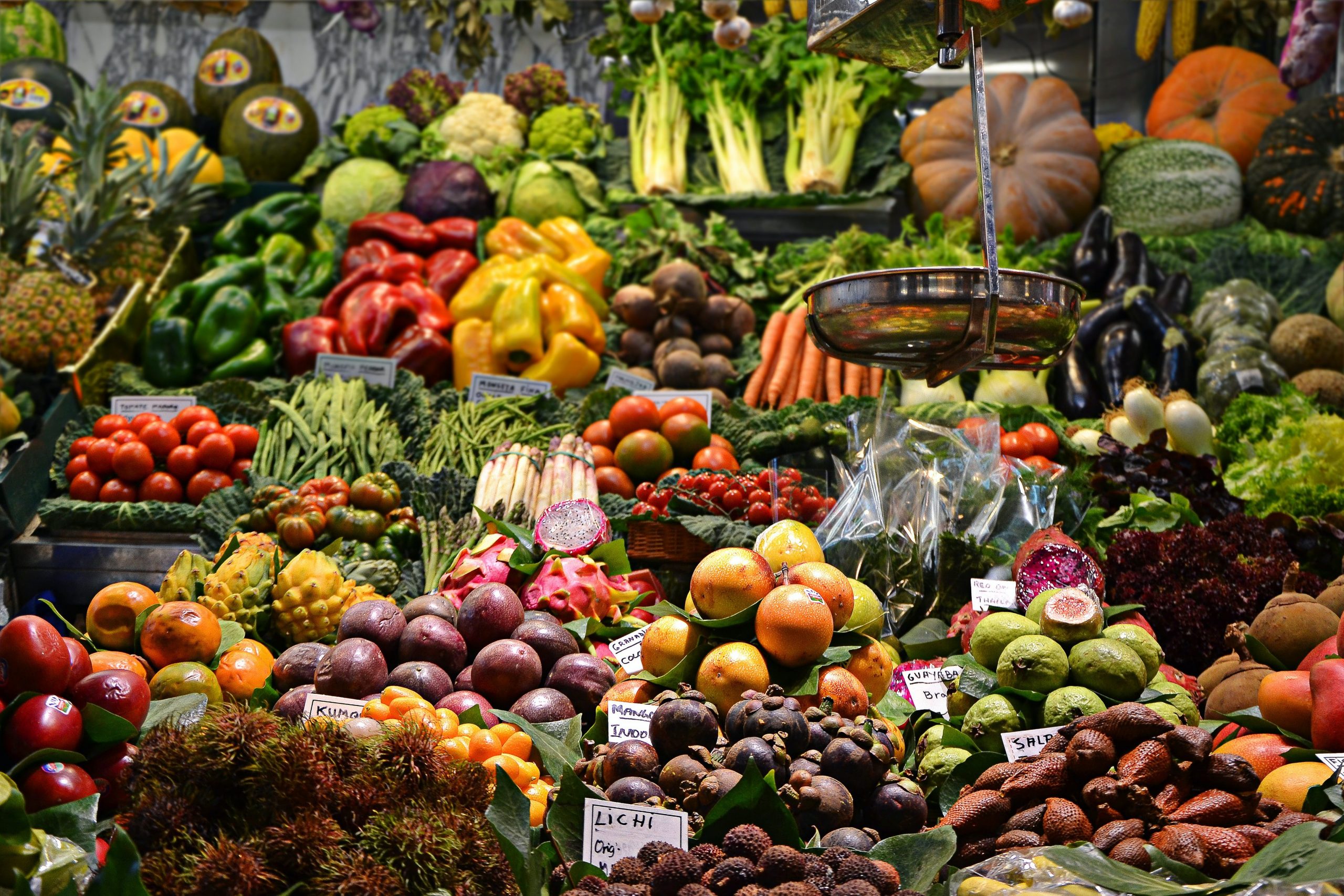The initiative contributes to Doha’s efforts in delivering a sustainable tournament.
Qatar is reducing food waste during the World Cup under an agreement between the Hifz Al Naema centre and the tournament’s organising committee, Doha’s state news agency (QNA) reported on Saturday.
Under the agreement, the two entities will coordinate the donation and redistribution of surplus and unused food resulting from the tournament to workers and people in need as part of its effort to minimise waste.
According to QNA, thousands of meals will be collected across 12 different locations of stadiums and fan zones.
“The Food Waste Minimisation programme depends on local civilian and social organizations like Hifz Alnaema with the network and resources to not only ensure the safe redistribution of food resources, but also to suggest innovative sustainability solutions,” said Jose Retana, Sustainability Director for FIFA World Cup Qatar 2022.
Since 2008, Hifz Al Naema, which translates to “Preservation of Blessings” in Arabic, has been leading efforts in reducing food waste by collecting leftover items from homes, weddings, hotels, along other places across Doha.
The centre is also the first and oldest food bank and food recovery programme in Qatar.
Beyond food, the centre has collected clothes, furniture and electronic devices to distribute to people in need.
Ali Al-Qahtani, the centre’s executive director, stressed that the World Cup is not merely a sporting event, but rather one that has humanitarian, social and environmental aspects.
A zero-waste World Cup
In the lead-up to the much-awaited tournament, Qatar’s Ministry of Municipality set a goal to have 60% of all waste created during the World Cup to be separated for recycling, reuse, and other purposes rather than disposed of in a landfill.
Qatar is also working to achieve a zero-waste-to-landfill tournament, ensuring that every piece of waste produced at stadiums and fan zones is recycled, composted, or turned into green energy.
A crucial component of the FIFA World Cup Qatar 2022 Sustainability Strategy is the goal to accomplish such an objective.
“Through the partnerships with local government and community organizations, a comprehensive vision for social, environmental and humanitarian sustainability comes to life, benefitting thousands outside the tournament and having a lasting, transformative effect on the local culture of charity and social cohesion,” said Al-Qahtani.
All eyes will be diverted to Qatar starting from Sunday as it hosts the first-ever World Cup in the Arab region, with around 2 million fans expected to head to the Gulf state for the global event.







